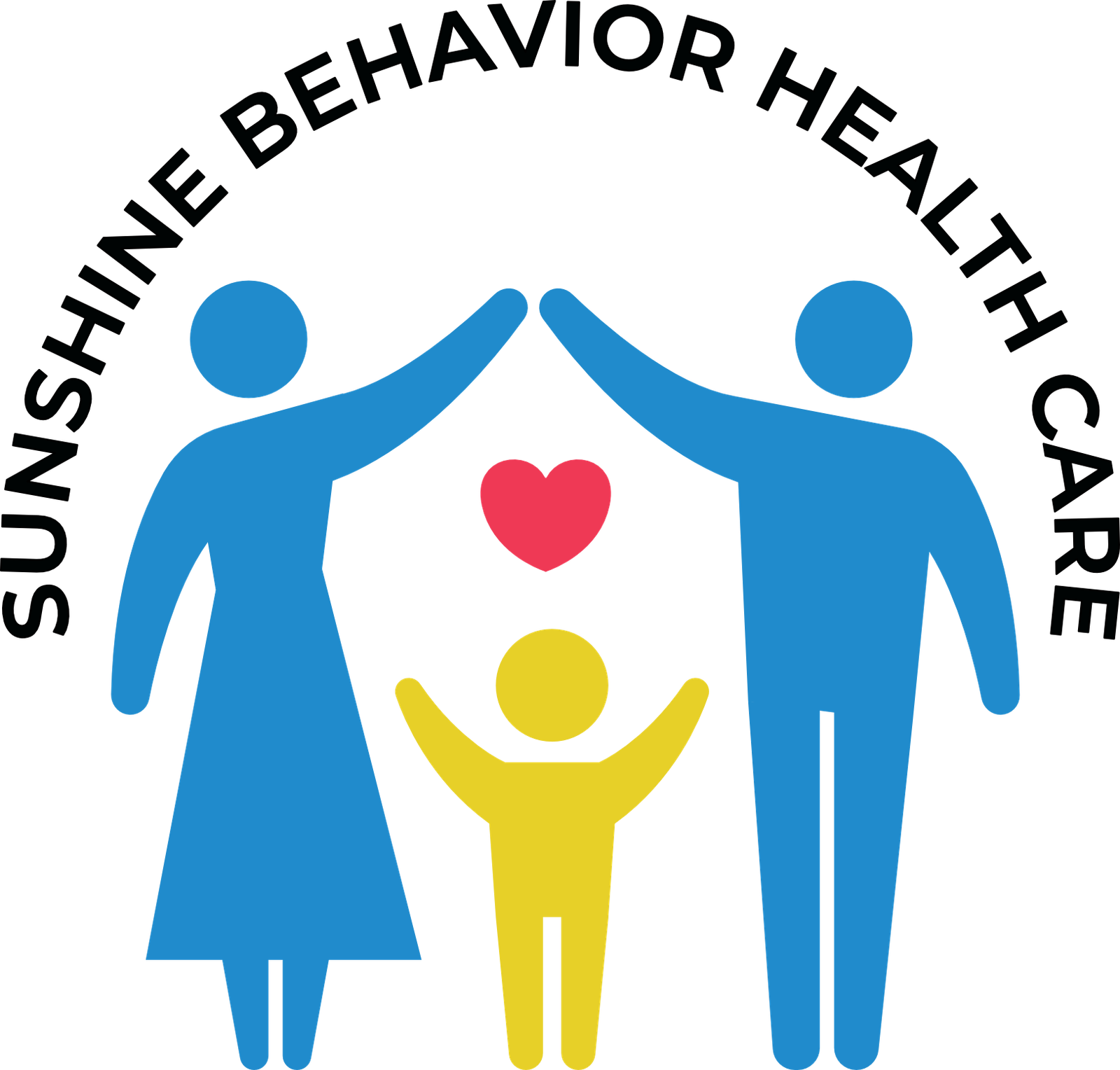ABA FAQ's
Frequently Asked Question
Applied Behavior Analysis (ABA) therapy is the process of applying interventions to improve socially appropriate behaviors in every-day life. ABA focuses on developing skills while decreasing problem behavior. This evidenced based treatment leads to great levels of success and significantly improves symptoms of Autism Spectrum Disorder.
According to medical studies from 2021, the majority of autistic patients benefit greatly from contemporary ABA therapy procedures. The American Psychiatric Association, the American Psychological Association, and the U.S. Surgeon General all support ABA therapy as an effective, evidence-based treatment for autism.
The gold-standard therapy for autistic kids and teenagers is ABA therapy. It has significant rates of success in assisting people with autism spectrum disorders to enhance their social and communication skills and gain more independence. Additionally, it lessens undesired behavior.
Language and communication skills, focus, social skills, memory, and academic performance can all be improved with ABA therapy. It will also aid in reducing undesirable behaviors. Giving your child or teenager individual instruction and direction is the most effective method to support them.
All ages can benefit from ABA, however it is ideal to begin as early as feasible. When they start receiving ABA therapy, most kids are between the ages of 2 and 6. However, not every child receives a diagnosis that early. ABA therapists will modify their treatment based on the child’s needs at the time of diagnosis, even if they are diagnosed later.
Some professionals advise ABA therapy for up to 40 hours per week. Typically, therapists spend between 10 and 20 hours each week with their patients. Depending on the specific needs of your child, the range may change.
A complicated condition that affects brain development, autism spectrum disorder (ASD), presents persistent difficulties with speech and nonverbal social interaction, as well as restricted or repetitive activities. Each child with ASD has an own set of personal talents and problems. Numerous children with ASD have had significant developmental benefits from ABA therapy.
We assist patients of any age.
A pediatric neurologist, child psychologist, child psychiatrist, or developmental pediatrician can all make the diagnosis of autism. Initial advice on whether you should seek a formal diagnosis and who to visit can be given by your family doctor.
Since there is no specific medical test for the diagnosis of autism spectrum disorder (ASD), such as a blood test, it might be challenging to make the diagnosis. To determine a diagnosis, doctors will consider the child’s behavior and developmental history. ASD can occasionally be identified in children as young as 18 months old, according to the CDC (Centers for Disease Control). A valid diagnosis made by a qualified expert can be assumed by the age of two. A youngster may occasionally not receive a diagnosis until much later in life. Some patients don’t receive a diagnosis until they are teenagers or adults.
Yes. You must give us your formal diagnosis report from a licensed medical expert, such as a developmental pediatrician, child psychiatrist or psychologist, or pediatric neurologist. You will also need a letter of recommendation for ABA therapy from a physician (primary care or another).
All ages can benefit from ABA, however it is ideal to begin as early as feasible. When they start receiving ABA therapy, most kids are between the ages of 2 and 6. However, not every child receives a diagnosis that early. ABA therapists will modify their treatment based on the child’s needs at the time of diagnosis, even if they are diagnosed later.
Contact
- 786-536-2012
- 786-536-2013
- info@sunshinebehaviorhc.com
- 2550 NW 72nd Ave. Suite 115-117
